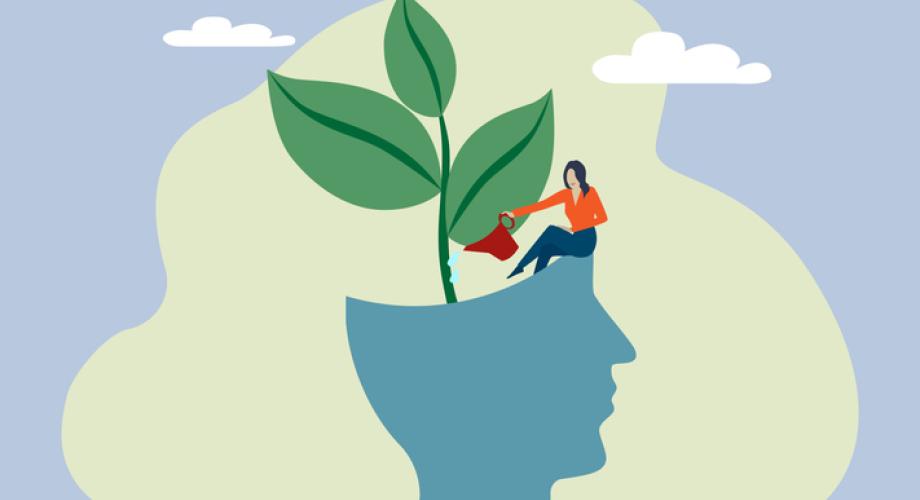The National Apartment Association (NAA) investigated engaging topics affecting the entirety of the rental housing industry during May’s Mental Health Awareness Month. In today’s environment, examining tools to help with stress and burnout is necessary. In “Tipping Point: Stress, Burnout and Prevention,” Jennifer Cox, Manager of National Trainers for The National Council of Mental Wellbeing, illustrated how stress and burnout have ripple implications in our daily lives.
“How are you, really?” Cox opened and closed the session with this simple question. It encouraged everyone to stop and take stock of where they are in life. The ability to leave her presentation and identify burnout was eye-opening for attendees. Words like “always, every day and most of the time” shed light on how people are “really” doing and define whether it is stress or burnout. Knowing the difference between stress—a temporary feeling—and burnout—a long-term state of consciousness—is an important first step in navigating these feelings. Providing the tools to overcome everyday pitfalls, attendees were empowered to take the next steps in identifying and overcoming mental health challenges.
Day two focused on coping with life’s hurdles and how some turn to substances to alleviate the tension. The goal of “Oh, SUD: Understanding Substance Use Disorder and Treatments,” was to leave with new concepts to address coping mechanisms. The presentation’s foundation was to define healthy ways to cope with everyday issues people face in all aspects of their lives. The session outlined how to use an initiative-taking approach on how people cope, and the unhealthy patterns they can fall into while shining a light on what drives them. Phil Rutherford, Strategy Lead of Substance Use Disorders with The National Council for Mental Wellbeing, presented a powerful video highlighting the life cycle of choices when coping skills are unhealthy. This moving demonstration illuminated the need to be compassionate and understanding when thinking about oneself and others. When gaining a better understanding of where people come from, it breeds an understanding of why people do what they do. Being able to offer help with professional resources and kindness along the way can lead to better outcomes.
Psychological safety at work was the powerful concept on day three. In “We Welcome Your Feedback: Fostering Safety at Work,” Cox looked at what it means to express oneself and how to learn to make positive shifts in shaping others’ experiences. She explained the acronym “S.T.O.P.” to help navigate these situations: Stop for the moment, take a breath, observe, and then proceed. Applying skills like this is invaluable for team members and organizations that want to show psychological safety in the workplace. Giving the space to stop and breathe, look at things from an unfamiliar perspective, and grant grace to ourselves and others are just a few highlights of this timely presentation.
Day four brought the cross-section of diversity, equity and inclusion (DE&I) and mental health. In “Fully Furnished: Connecting DEI&B with Mental Health,” Will Seto, Chief Diversity Officer, Mental Health First Aid, showed how one affects the other and explained why it is critical to understand both concepts. By understanding the connections, he highlighted the simple fact that there is more that connects people and that there is room for everyone. Seto set the roadmap to help everyone be more inclusive within the workplace: Highlighting proven DE&I principles of having a voice; being able to participate equally; the feeling of fairness when decisions and choices are being executed; and overall respect for individuals. In addition, he spoke candidly about some DE&I efforts that can be reconsidered and how organizations and individuals can contribute to overcoming them. One takeaway was trying to remove the insider and outsider dynamic that can hurt others. Remember that the founding concept ensures everyone has a seat at the table, not taking away anyone else’s access. Instead of trying to change hearts and minds, start implementing processes and procures that are inclusive and well-rounded.
Mental health is a pivotal cornerstone of the human experience. When people come together, they can learn about themselves and others. Sharing stories strengthens toolkits for navigating work, life and other factors.
Additional mental health resources can be found at naahq.org.
Tiana Heath is Senior Manager, Industry Relations with NAAEI.
